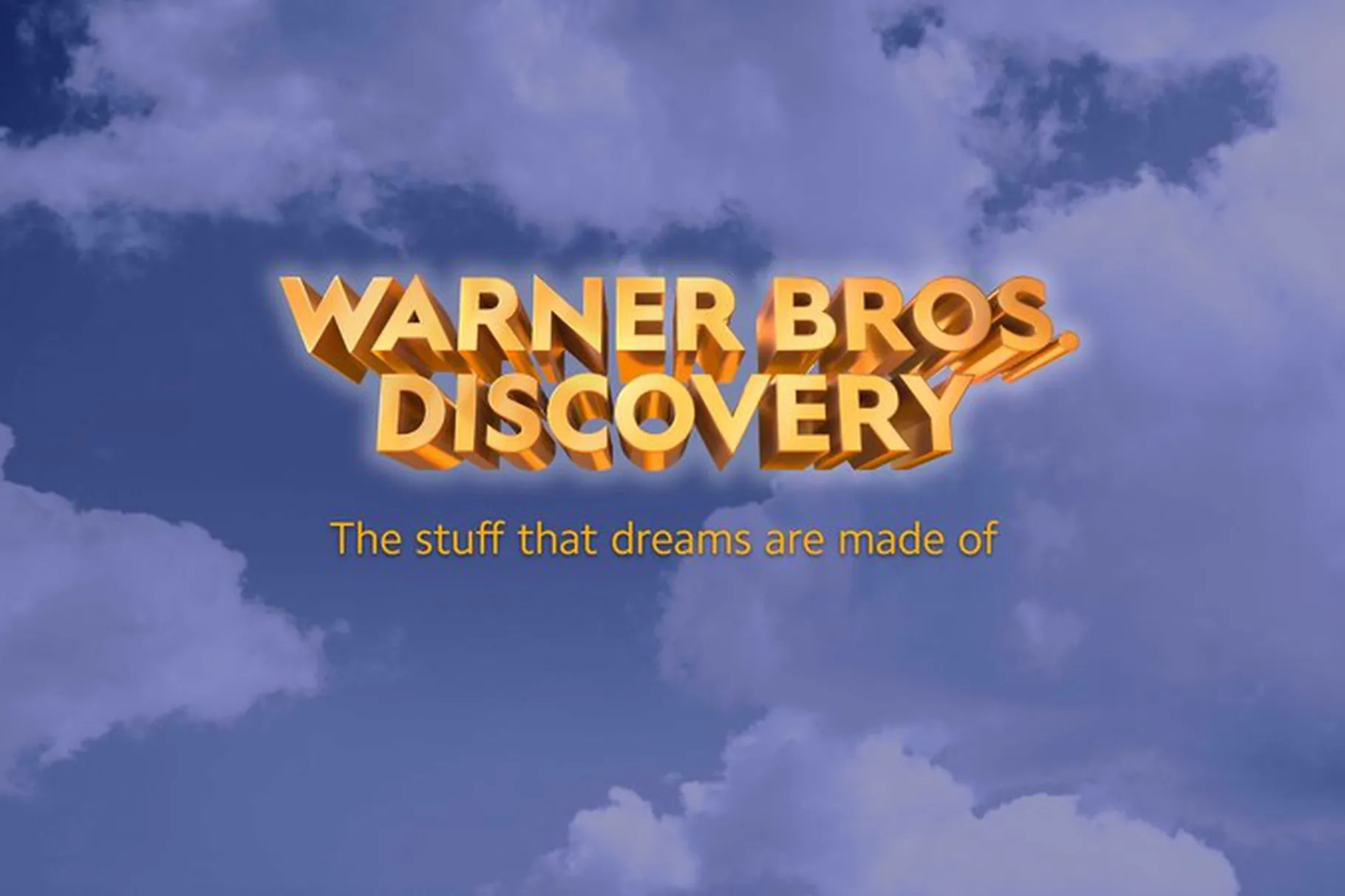
After more than 40 years of operation, DTVE is closing its doors and our website will no longer be updated daily. Thank you for all of your support.
Is WarnerMedia wise to delay the European HBO Max rollout?

HBO’s Mare of Easttown
After something of a stumbling start of carriage issues and technical errors, HBO Max has established itself as a major streaming competitor in the US.
While it is still some way off Netflix’s 209 million subscribers, the streaming leader this week recorded its worst quarter for growth since its business was built around DVD rentals. That included a loss of 430,000 US subscribers in the second quarter of the year.
HBO meanwhile is at 67.5 million subscribers worldwide, with 47 million of that total residing in the US. Warner keeps its subscriber numbers close to its chest so it is impossible to determine the makeup of that total between HBO’s linear channel and those subscribed to the streamer.
Either way, the company is confident enough in its flagship television brand to increase its growth expectations for the year to 70-73 million subscribers up from a previous estimate of 67-70 million.
But while HBO Max is headed in the right direction, on AT&T’s Q2 earnings call chief financial officer Pascal Desroches admitted that “we may push back our launch in some European markets until early 2022” in favour of focusing on Latin America where the streamer rolled out earlier this month.
That announcement likely has the biggest ripple effect of the entire earnings call and will shape the company’s strategy for years to come.
Reacting to the news, Tony Gunnarsson, principal analyst, TV, Video & Advertising at Omdia says that he is “struggling to find the answer” as to why WarnerMedia has repeatedly pushed back the expansion of HBO Max into Europe but ultimately feels in the long-term that Europe is going to be a much more important market for HBO Max than Latin America.
AT&T’s European dilemma
One of the biggest factors behind Warner’s inaction in Europe, Gunnarsson suggests, is an inability to launch in the UK.
Described by the analyst as “the biggest prize” in the European market, the UK is effectively off-limits to HBO Max as a result of tie-ups with Sky. This is something which WarnerMedia CEO Jason Kilar admitted has impacted planning, due to a deal with the Comcast-owned operator that runs until 2025.
Elsewhere in Europe, WarnerMedia has licensed its movies and TV shows to other broadcasters and platforms which complicates the entire situation. As Kilar told the FT earlier this year: “Why is HBO Max not in 190 countries today? Because of that history.”
 But while Europe will be one of HBO Max’s key markets when it eventually does launch here – be it in H1 2021 as the company is saying now or beyond that following any further delays – Gunnarsson believes that it may even be better for the company to hold out for longer.
But while Europe will be one of HBO Max’s key markets when it eventually does launch here – be it in H1 2021 as the company is saying now or beyond that following any further delays – Gunnarsson believes that it may even be better for the company to hold out for longer.
Due to a combination of hype and the fact that “Netflix is reaching a plateau that may become flat for 10-15 years,” Gunnarsson argues that HBO still has “the best content” and that delays “won’t have a material difference.”
However, the elephant in the room is the looming merger between AT&T’s media assets and Discovery to create Warner Bros. Discovery.
With the ink still drying on preliminary agreements for the company which will have an enterprise value of more than US$120 billion, Gunnarsson suggests that this also is playing a significant factor.
The analyst notes that AT&T has an expert understanding of the US market, but its knowledge of markets where it does not have a telecommunications presence is lacking. By contrast, he says that “Discovery knows what it is doing” in Europe and that waiting until the merger is completed will provide HBO Max with greater insights into the wants and needs of the European market.
Latin American focus
By fully turning its international attention for now to Latin America, HBO Max is following a well-trodden path.
“Netflix switched on 33 Latin American markets overnight by simply pressing a button on a keyboard in 2011,” Gunnarsson notes. “What Netflix learnt in 3-6 months in Latin America taught it become the international player it is today.”
The irony for AT&T is that it announced its plans to double down in the market for streaming less than 24 hours after it reached a deal to sell off its pay TV business in the region.
Agreeing to sell Vrio Corp to the Argentinian investment group Grupo Werthein, AT&T will shed 10.3 million subscribers across 11 countries in Latin America and the Caribbean via DirecTV Latin America, Sky Brasil and DirecTV Go.
 The sale is of little surprise. AT&T ended 2020 with US$155.2 billion in debt, and has spent months identifying saleable assets. Another example of a business identified as non-essential was anime streamer Crunchyroll, which was sold to Sony-owned Funimation for US$1.175 billion in late 2020.
The sale is of little surprise. AT&T ended 2020 with US$155.2 billion in debt, and has spent months identifying saleable assets. Another example of a business identified as non-essential was anime streamer Crunchyroll, which was sold to Sony-owned Funimation for US$1.175 billion in late 2020.
HBO Max meanwhile is the great white hope for AT&T – even when it will no longer be in direct control of the streamer under the future Warner Bros. Discovery banner. Seeing how much Netflix established its data model from its experience in the region, Gunnarsson posits that “buying time” in Latin America could help the streamer in the long run, especially as Europe is “too complicated to do at the moment.”
It is impossible to say whether HBO Max would have had a smoother launch and rollout had the Discovery merger been on the cards in a pre-pandemic world, but in WarnerMedia’s current situation it would be unreasonable to expect an all-guns-blazing approach for streaming expansion.
As Gunnarsson surmises: “HBO Max will be a platform that Warner has for the foreseeable future so they need to get it right, and that means getting the localisation and distribution deals in place.”


